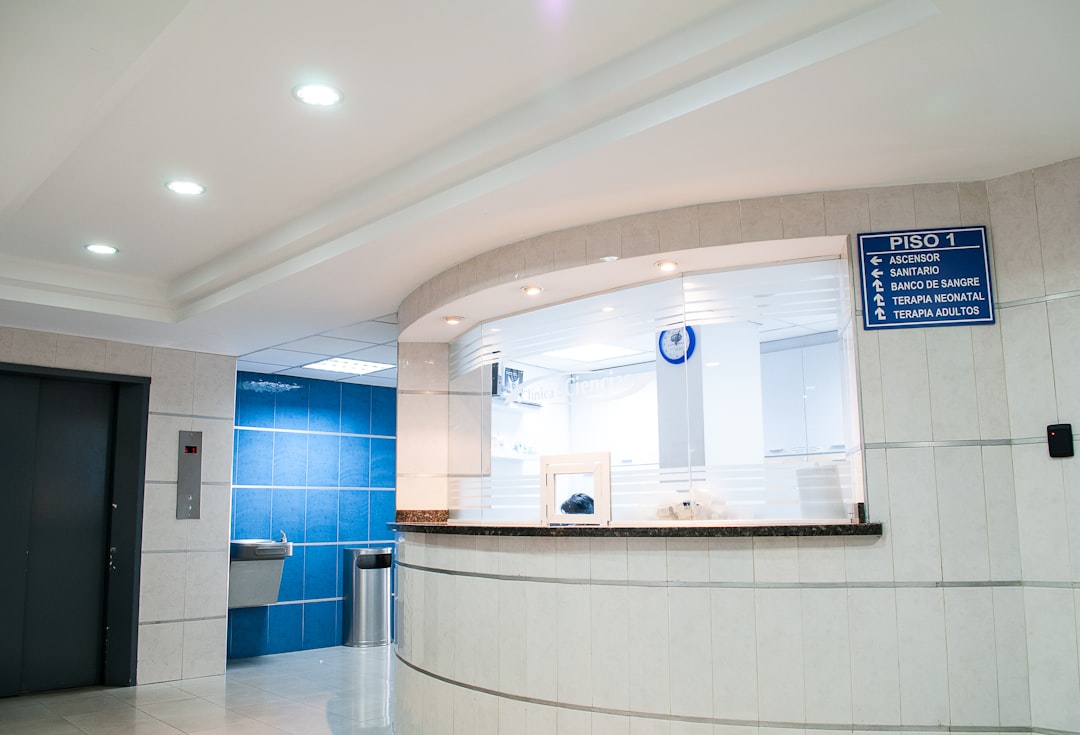In the complex world of healthcare, relationships between life sciences companies and healthcare professionals (HCPs) function as critical links in a much larger chain. These interactions are not just professional courtesies; they are foundational elements that can influence research, innovation, and ultimately, patient care. Managing these engagements responsibly and transparently is essential in maintaining trust and ensuring compliance with evolving global regulations.
HCP engagement management is far more than just coordinating logistics for speaker programs or consulting arrangements. It requires a thoughtful and strategic approach to ensure that every interaction is fair, ethical, and aligned with both internal policies and external laws. From contract initiation to payment and disclosure, each step of the process must be handled with care to avoid compliance pitfalls and preserve the integrity of the organization.
Modern compliance teams face the challenge of navigating a global regulatory environment that is anything but static. Different regions impose varying requirements on how companies must report and manage their interactions with HCPs. This creates the need for flexible systems and processes that can adapt to jurisdiction-specific rules while maintaining a consistent standard of transparency across the board. Companies that invest in comprehensive hcp engagement management solutions are better equipped to handle these complexities and reduce the risk of regulatory infractions.
Beyond regulatory compliance, effective engagement management has strategic value. By streamlining workflows, improving data accuracy, and ensuring timely reporting, organizations can foster stronger, more meaningful relationships with HCPs. These relationships can lead to more productive collaborations, whether in clinical research, medical education, or product feedback, ultimately contributing to better healthcare outcomes.
The role of technology in this space cannot be underestimated. As digital platforms become more sophisticated, they offer new ways to centralize and automate the tracking and documentation of HCP interactions. This not only improves operational efficiency but also enhances visibility across departments, enabling better decision-making and risk mitigation. Companies seeking to strengthen their compliance posture and improve engagement quality often turn to dedicated solutions like those highlighted on the compliance management resources site.
In today’s healthcare environment, transparency is not just a regulatory obligation—it is a competitive advantage. Organizations that demonstrate a clear commitment to ethical HCP interactions are more likely to earn the trust of stakeholders, from regulators to patients. As expectations for accountability continue to rise, the importance of managing HCP engagements with precision and integrity becomes even more pronounced.
As the bridge between innovation and patient well-being, HCP engagement deserves the same strategic consideration as any other core business function. By embracing smart management practices and leveraging the right tools, companies can ensure that these vital relationships are built on a foundation of trust, compliance, and shared purpose.






